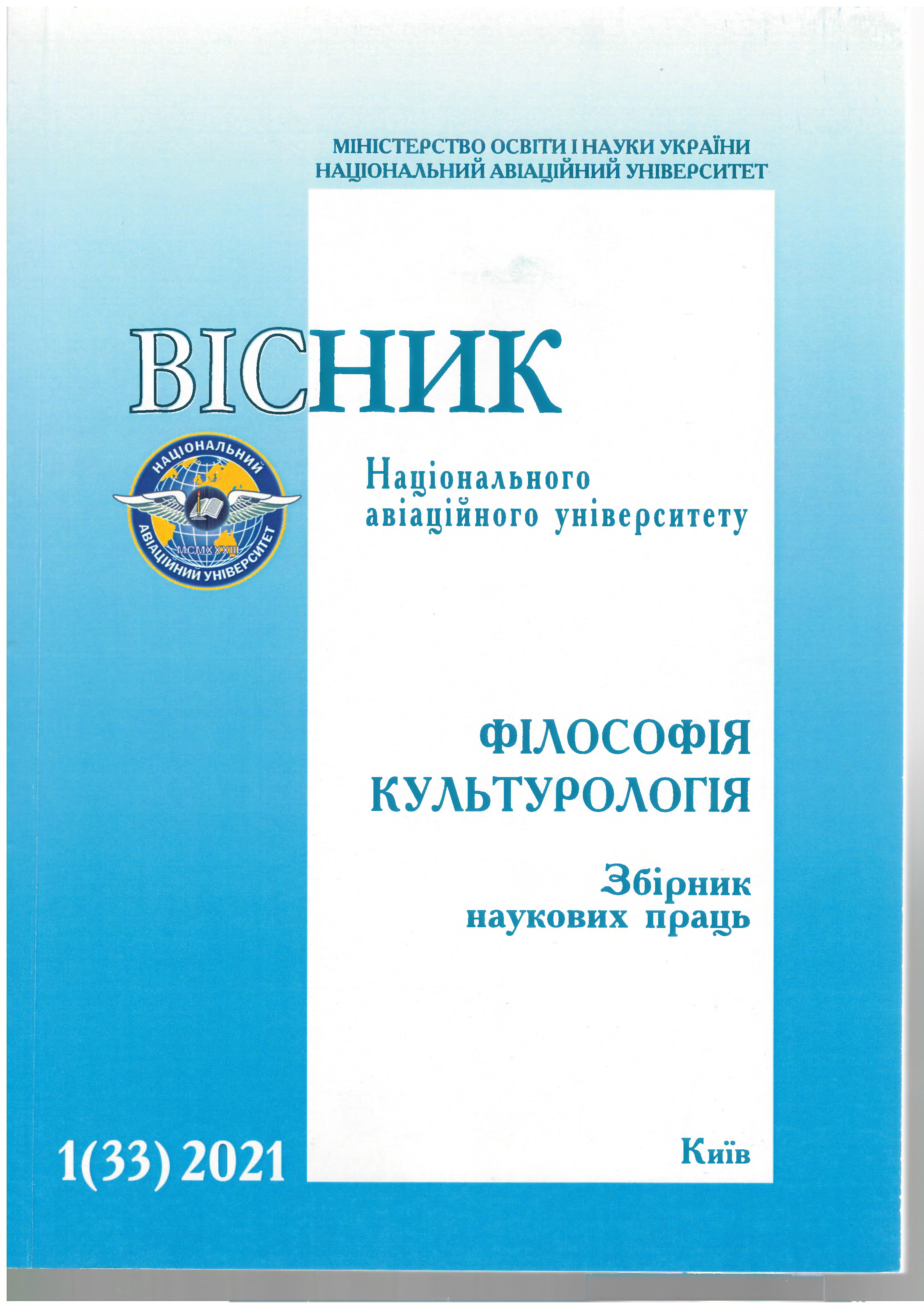INDUSTRY 4.0: THE PHENOMENON OF THE DIGITAL ECONOMY
DOI:
https://doi.org/10.18372/2412-2157.33.15643Keywords:
industrial (technological revolution), Industry 4.0, cyberphysical complexes, robotic production, , sociocultural consequencesAbstract
Introduction. The term "Industry 4.0" appeared in 2011 at the Industrial Fair in Hanover (Germany). German engineers and businessmen have formulated several basic principles for Industry 4.0, following which companies can implement the scenarios of the fourth industrial revolution in their enterprises. The first is reconcilability, which means the ability of machines, devices, sensors, and people to interact and communicate with each other over the Internet. The second principle is the transparency as a result of this interaction. The third principle of Industry 4.0 is technical support to make decisions by collecting, analyzing, and visualizing the information. The fourth principle is the decentralization of management decisions, the delegation of some of them to cyber-physical systems. The aim and tasks philosophical analysis of the possible consequence of the digital economy associated with the fourth industrial revolution. Research methods. The scheme for analyzing new revolutionary technologies has traditions rooted in the economic analysis of K. Marx of the factors of changing technological orders, but in recent decades this method has increased its innovations with a modern sociocultural approach. Research results. Industry 4.0, while generating enormous benefits and revenues, at the same time causes serious and dramatic social implications and risks. The fourth industrial revolution causes
several prerequisites for social stratification. The emergence of robotic solutions to many tasks will lead to a decrease in the value of low- and medium-skilled labor. This could undermine the material wealth of the middle class. Without the development of human capital, insurmountable barriers are created for a person to enter the highly skilled labor market, as a result of which his labor continues to be poorly paid, and a person is deprived of the opportunity to fix it. The deteriorating position of the middle class can lead to an imbalance in political systems based on it, strengthening the ideas of populism, radicalism, fundamentalism , and militarism. Ultimately, this will lead to increased global uncertainty. Discussion. The emergence of robotic solutions to many tasks can of the large middle class limit the opportunities of the large middle class to invest in their own human capital. All mentioned above can be a reason of the wealth stratification of countries. At the same time, the fourth industrial revolution provides a number of new opportunities for traditionally backward countries connected with a general reshaping of the global labor market and a decrease in the role of some limiting factors for infusion into it, such as geographic location, institutional underdevelopment,
etc. Соnclusion. Industry 4.0 appears as a reality and leads to serious metaphysical, social, anthropological, epistemological, and ontological consequences. The leader in the development of Industry 4.0 is Germany, where an analog of Silicon Valley was created. Similar programs have been launched in the Netherlands, France, Great Britain, Italy, Belgium, and others. Since 2012, there has been a non-profit “Coalition of Smart Production Leaders” in the United States, uniting businesses, universities and government agencies.
References
Онопрієнко В. І. Історія, філософія, соціологія науки і
технологій / В. І. Онопрієнко, М. В. Онопрієнко. – К.: Інф.-
аналіт. агентство, 2014. – 352 с.
Оноприенко М. В. Мегатехнологии общества знаний. Социаль-
ное пространство, риски для человека и общества. – Saarbrücken
(Deutschland): Lambert Academic Publishing, 2016. – 150 с.
Онопрієнко В. І. Соціокультурний зміст новітніх технологій.
Кол. Монографія / В. І. Онопрієнко, Л. В. Рижко та інш.; за ред. В. І.
Онопрієнка. – К.: ДП «Інформ.-аналіт. агентство», 2016. – 352 с.

